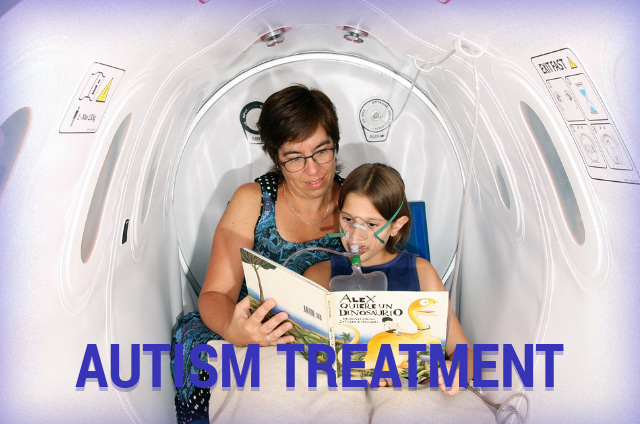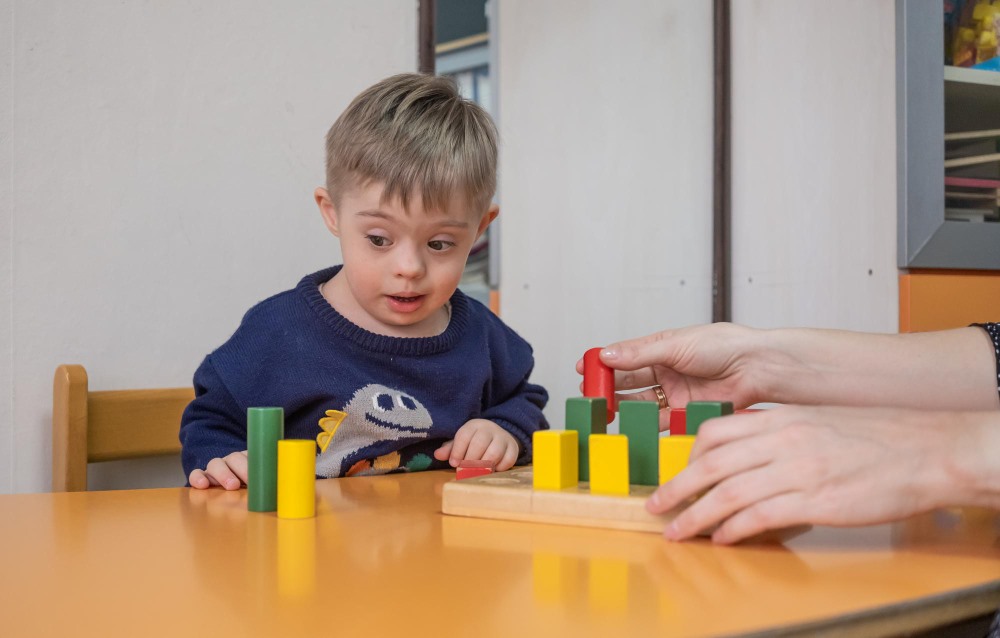The Center for Disease Control estimates that autism spectrum disorder (ASD) affects nearly three million Americans, roughly every 1 in 68 children. This often misunderstood brain disorder inhibits normal social interactions, and sometimes verbal communication. Previously doctors would diagnose a child as autistic. Now they diagnose autism on a five-point range, with classical autism being the most severe condition.
Children with autism tend to show signs when they are two or three years old. Sometimes signs can show up as early as infancy. Autistic children don’t make regular eye contact, don’t respond consistently to direct communication, and don’t seem to listen when you call them. If you suspect your child has ASD, read on to learn more about its signs and symptoms.
Eye Contact
Children with ASD process information differently. As they develop, these kids might not understand what one would consider normal social cues. They might not respond well to working in groups, or may not respond at all when you call them.
They tend to interpret commands, statements, and questions very literally. Thus, when you talk to them, a young child with ASD will tend to look directly at your mouth because that’s where your voice is coming from. They don’t understand how to engage in eye contact.
Fixation on Repetition
Young children typically have a limited vocabulary, but it’s a constantly developing one. By most children’s second birthday, they can communicate effectively even if they are still relatively non-verbal.
For young children with ASD, this form of communication can be very challenging. They don’t always know how to engage in conversation, or may repeat the same phrases over and over, even if these phrases have no relevance to what you’re discussing. They may be drawn to repetitive movements like spinning wheels, clapping hands, or beating drums.
Behavioral Analysis
If you think your child may have ASD, contact a reputable behavioral analyst. A psychologist who went through an applied behavior analysis master’s program should have the necessary skills for diagnosis. Applied behavior analysis sessions can teach your child how to listen, respond to questions, and engage in conversations. Depending on the severity and circumstances, they can also teach your child how to read. These are critical life skills that can mean the difference between your autistic child leading a fulfilled life, or being unable to communicate.
Like every parent, you want what’s best for your child. Review this information to find out if your child may have ASD, and talk to a behavioral analyst if you have questions.





[…] believe that the signs of autism appear in early childhood initially and aggravate as an autistic child grows up. In certain cases, a child […]
[…] can organize a campaign to increase public awareness of autism. This noble ideal will surely benefit many people. You may do it either at school or your […]